Global Investors Seek Durability in LA
In an exclusive podcast interview, Genton Property Group CEO Jonathan Genton discusses investment and development trends in the city's creative office and luxury residential markets.
By Sanyu Kyeyune
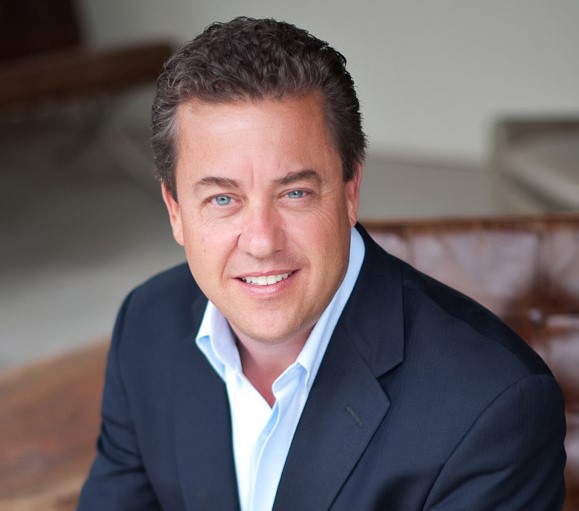
Jonathan Genton
Genton Property Group Founding Partner & CEO Jonathan Genton identifies investment and development opportunities, primarily in Southern California. His role involves overseeing the L.A.-based firm’s acquisitions, development, financing and asset management operations across an array of property types to serve an investor base that spans the globe. In an exclusive podcast interview with Commercial Property Executive, Genton discusses the factors influencing global capital flows and what investors should be mindful of in the coming months, as well as trends impacting L.A.’s commercial real estate market.
For the rest of 2018, Genton believes that uncertainty—rather than economic indicators—will be a stronger determinant of capital flows, especially within the international cohort that comprises much of his company’s client base. He’s found that job growth and interest rate movements are not as useful metrics for foreign investors as they might be for a domestic capital source. “If you look at where (domestic funds) are getting their capital, I generally see those investors being much more conservative and putting less capital into those funds,” Genton commented. And if this trend continues for the next 12-18 months— spurred on by an intensified search for yield—Genton predicted, “You won’t have the same environment as a lot of capital parked on the sidelines. There may be less (investment) in the future from domestic markets.”
Diverse strategies
Among international investors, on the other hand, Genton has noticed a flight to quality, as well as what he calls “durable” markets and strong, thesis-backed investment plans. He considers Los Angeles to be globally recognized as a primary market with little segmentation, which has led private funds to increasingly seek opportunities based on the durability of a location, instead of just the asset type. “Globally, we’re a very small market but a large capital target,” Genton maintained, citing also the city’s steadily rising population, job growth and quality of life as key drivers of strong performance.
To be successful, he explained, “It’s really important to understand the investment horizon. For instance, buying retail today and flipping it tomorrow is not in anyone’s playbook, but buying retail for the next 20 or 30 years may be interesting to people. It gets back to durability of location and knowledge of submarkets.”
As Genton has observed in L.A., investment strategies tend not only to differ by horizon but also by property type. “We still like office, generally. What would normally be a core to core-plus kind of idea depends on investors. There are higher-yield investors who will seek something a bit more robust, with a value-add (component).”

Genton Property Group is repositioning the bLAckwelder creative office campus in Culver City, Calif.
The creative office sector, however, is one niche that Genton characterizes as notoriously difficult to predict. In 2009, his firm developed bLAckwelder, a creative office campus west of Los Angeles in Culver City. The adaptive reuse project of 19 existing standalone buildings on a 6.4-acre landmark campus emphasized the importance of selecting authentic locations for these types of projects: “For the true creative tenant, space is material to their business.”
In the multifamily sector, which Genton believes is the hardest segment within which to produce new supply, his firm has “seen thesis-driven portfolios coming out of the Middle East and Africa focused on assemblage of properties. They’ve gone to an asset class that is very difficult to invest in and of which there is not a lot (of supply).”
Luxury branding
Within housing, however, Genton sees the for-sale luxury market as a major draw for foreign capital. Responding to demand from international buyers, his firm is currently developing the Four Seasons Private Residences Los Angeles. Located in the Beverly Grove submarket, the 12-story, 59-unit asset has a two-year construction timeline, and although the project will not deliver until mid-2019, pre-sales are already showing promise, said Genton. He’s already kicked off an international marketing campaign that will initially target buyers in Asia, North Africa and the Middle East, before commencing outreach to Eastern Europe. As of January, the boutique property was 45 percent sold.
One of the building’s strongest selling points is its implementation of smart technology. “Four Seasons has its own cutting-edge IT department that can operate the building and address the needs, desires and goals of its residences,” Genton explained. From the lighting to the sound systems, Genton added, these features start to merge technology with wellness, benefiting from the ability to anticipate levels of service, as well as adjust to growth and change. At the Four Seasons residence, homeowners will be able to text or chat with the building’s service department to arrange everything from repairs to travel arrangements.
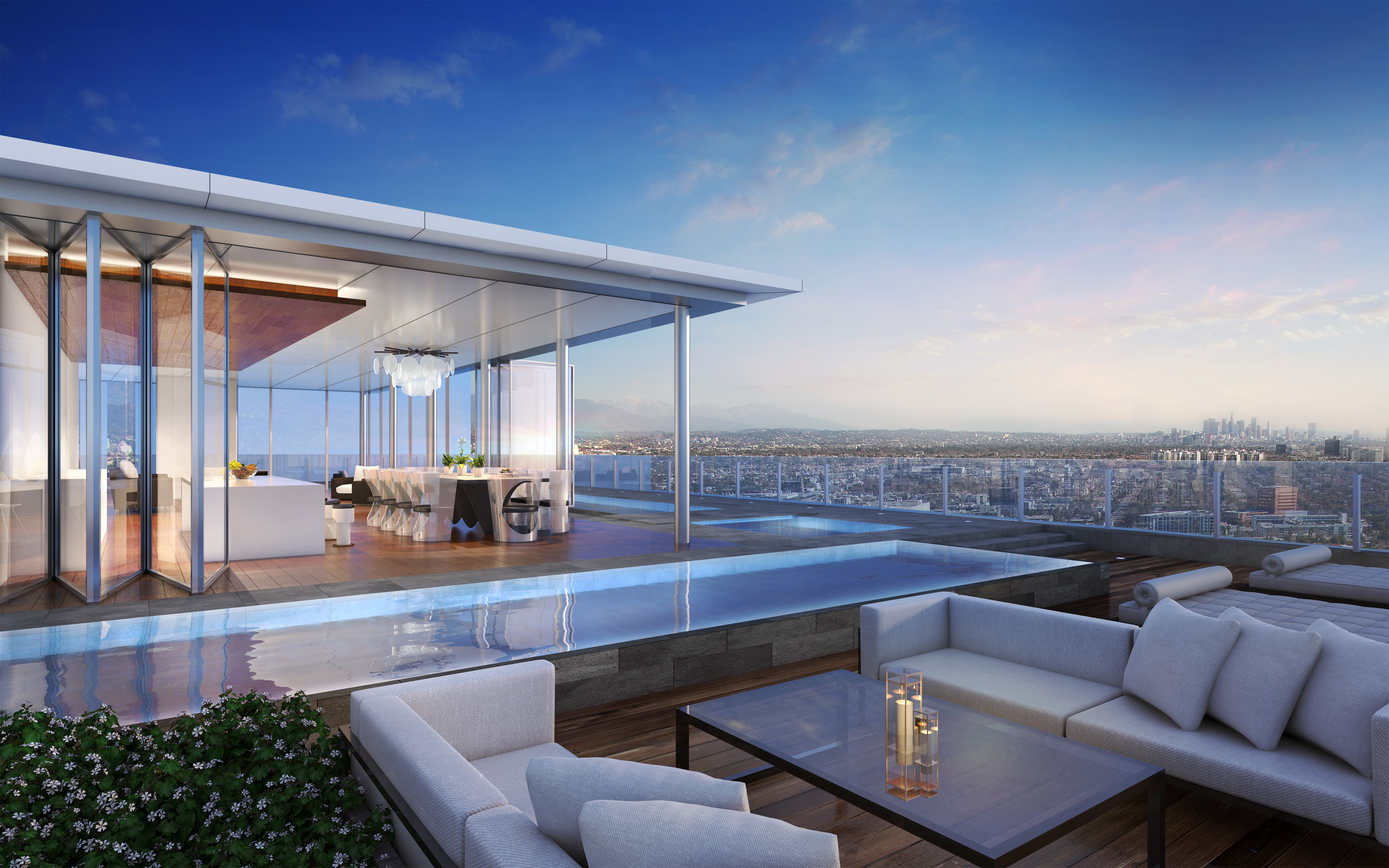
A penthouse at the Four Seasons Los Angeles Private Residences offers sweeping city views.
Genton’s aim is to create a living experience that resembles that of a private home and benefits from the world-class amenities offered by the hotel brand. “When you look at these features that enhance livability in high-service environments, such as the Four Seasons, (they include) things that you don’t see but that you appreciate,” Genton explained, referring to elements such as smart elevators that offer an experience that each resident can customize, along with unmatched security. Smart glass technology is another design feature that not only offers privacy but also delivers energy savings. These glass panels have the ability to filter heat from the sun, without obscuring the sweeping views from the residential units.
Images courtesy of Genton Property Group

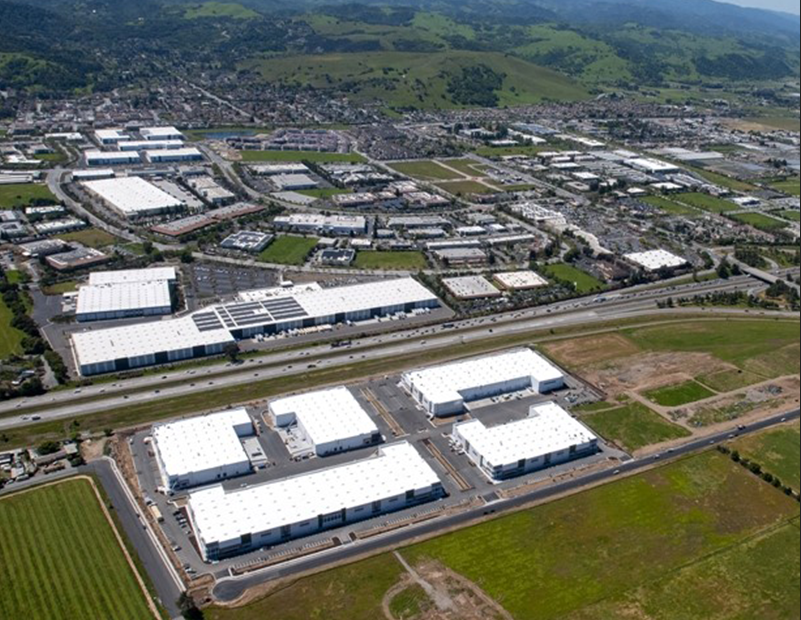
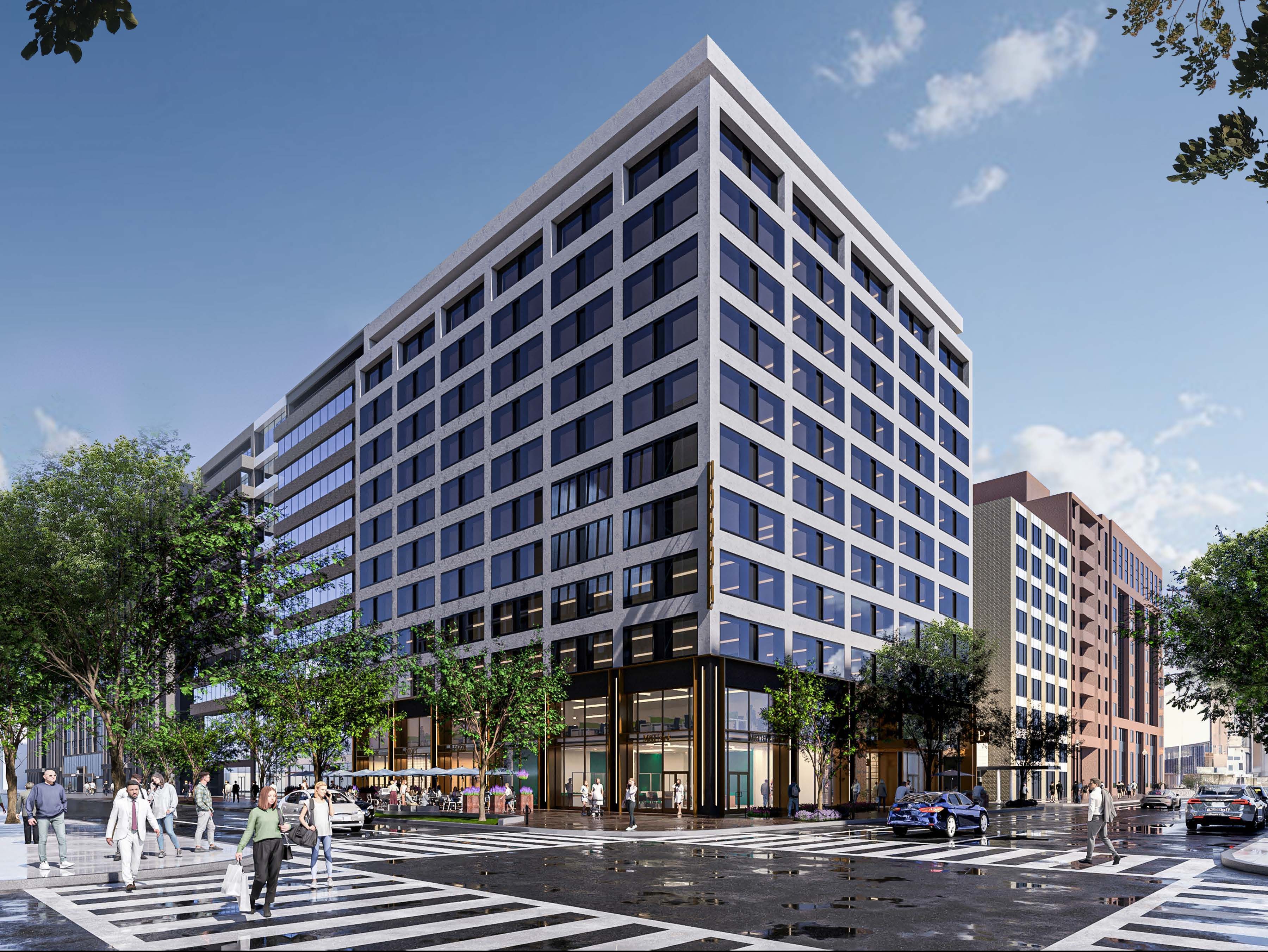
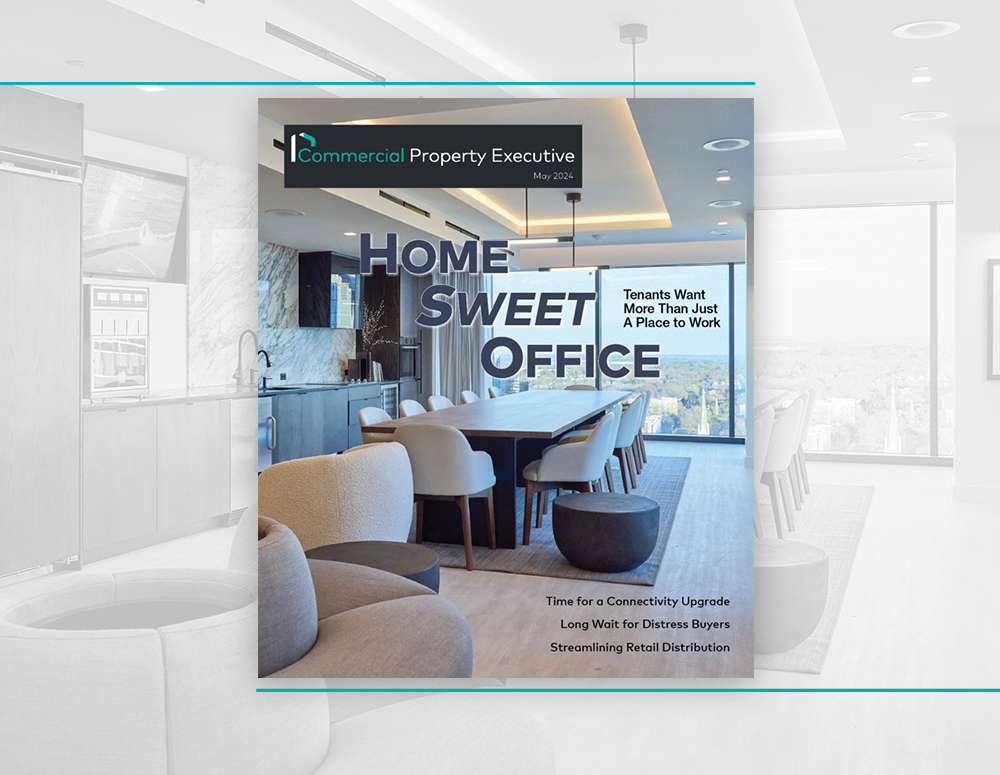
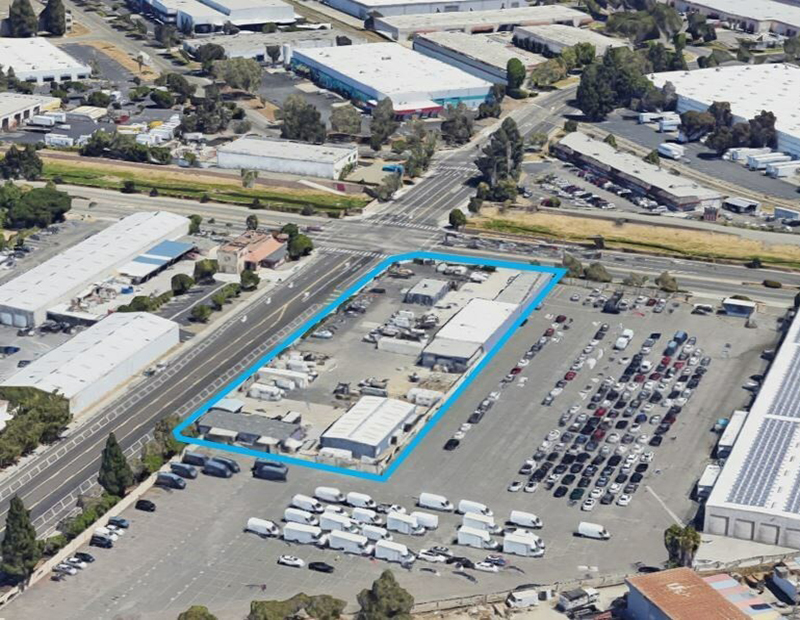
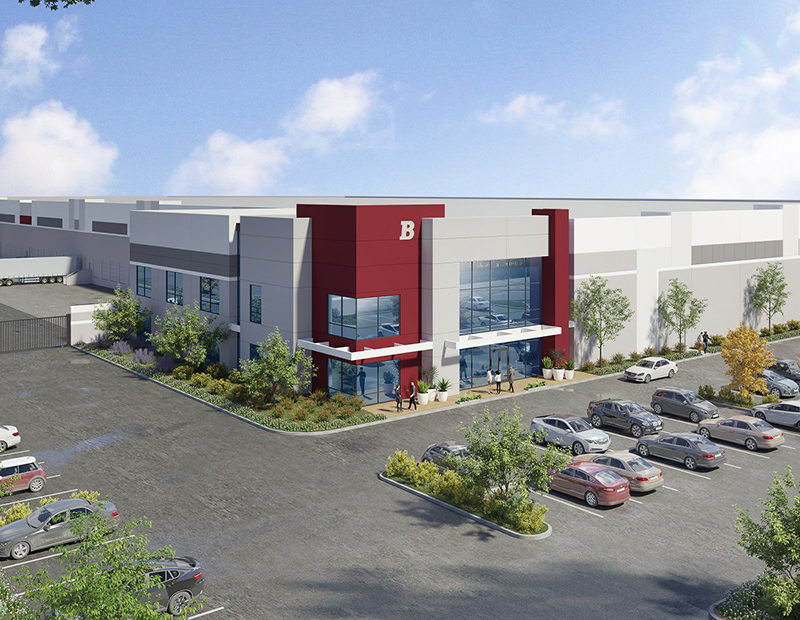
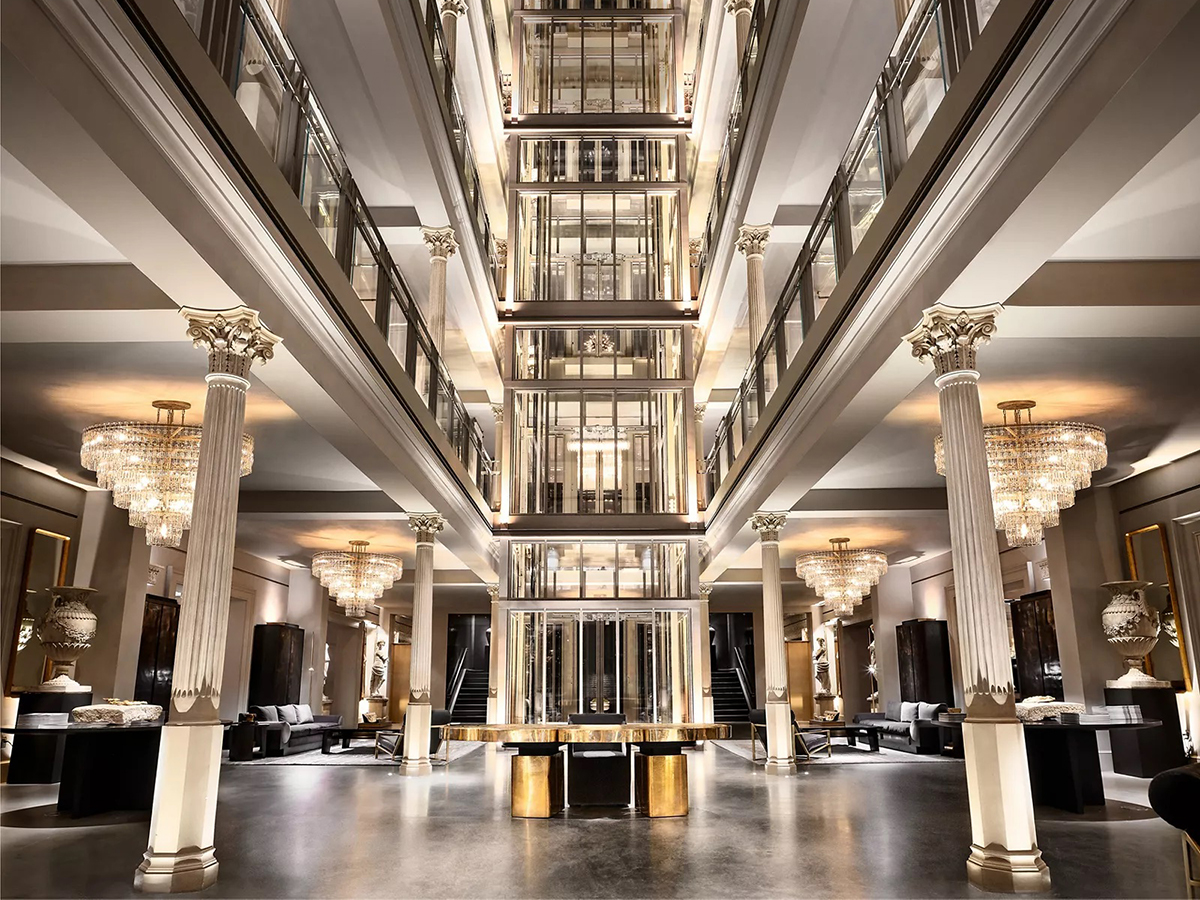
You must be logged in to post a comment.